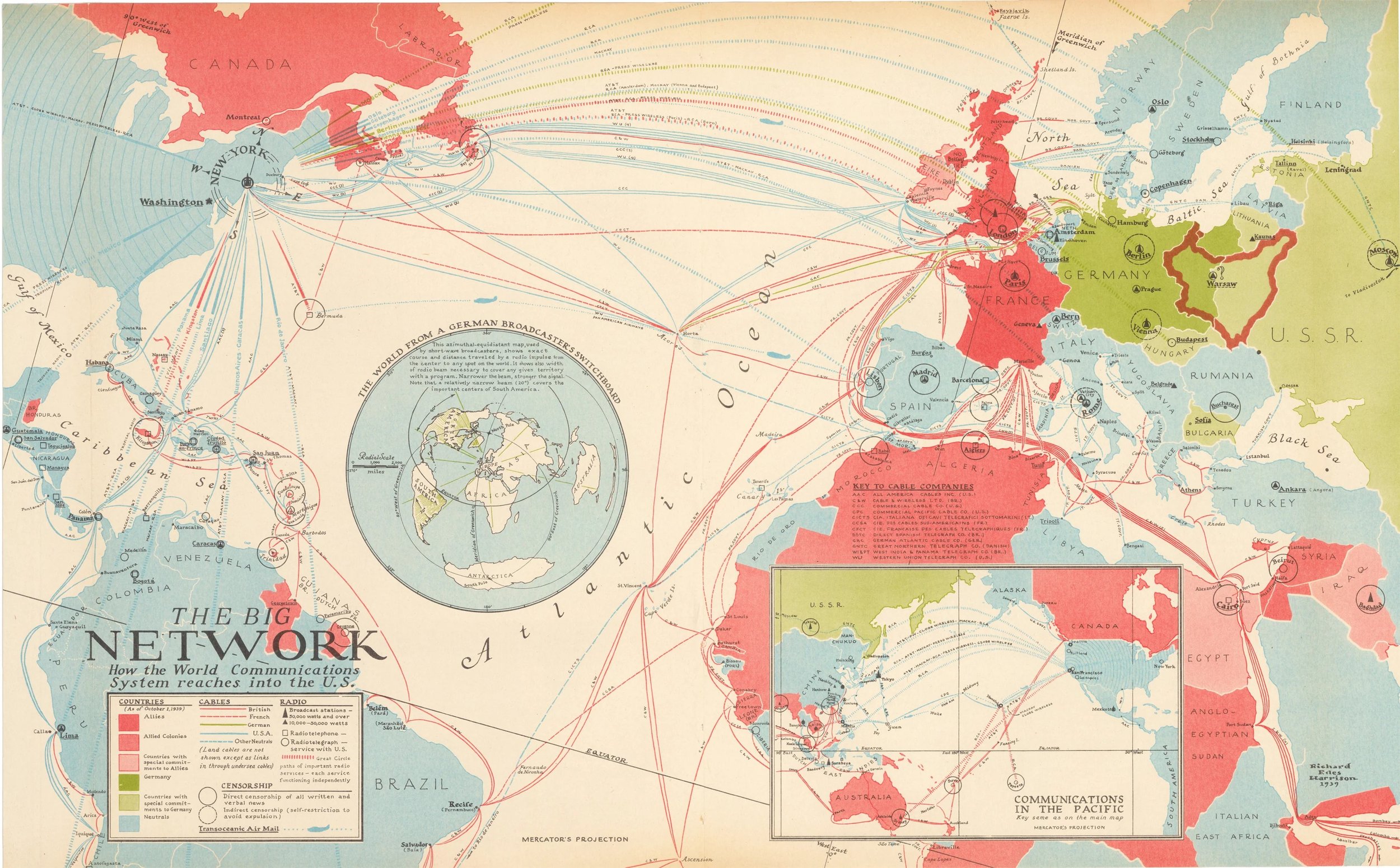Courses I teach
Here are quick descriptions of a few courses that I teach. Feel free to reach out if you want to see a syllabus or compare notes!
I also teach courses on topics such as academic and professional writing, research methods in the social sciences and empirical humanities, migration in modern history, war and the environment in colonial history, modern France and its Empire in global perspective, and the history of international order since 1800.
Ships, Trains, Planes, and People. A Global History of Society in Transit
This course equips students to use mobility as a category of historical analysis. How, it asks, have ships, trains, and airplanes shaped the outlooks of modern humans, and how has the experience of being in transit evolved over the past three centuries? From Transatlantic slave ships to Jet Age airports, we explore how vehicles and group transit have inspired and coerced humans into novel ways of behaving, organizing society, and perceiving the world. Vessels in transit, we come to see, have served as engines of modernity and sites of emancipation, but also tools of terror and laboratories of power.
Oceans and Empires
Today, 90% of what we consume reaches us by water, trillions of dollars in financial transactions pass through submarine cables every day, and rival powers compete for command of the seas. Meanwhile, desperate migrants perish by the thousands trying to reach safer shores, fishing fleets and mining companies rake the oceans, and sea levels rise. How did we get here? “Oceans and Empires” offers answers to this question by revisiting the historical forces that have militarized and commercialized the sea, simultaneously turning oceans into sites of globalization and power politics; exploitation and resistance. Topics covered include: the maritime dimension of the slave trade and abolition; piracy and 19th-century militarization of oceans in the name of ‘free seas’; the expansion of coal-powered shipping and mass-migration across oceans; the concept of ‘sea power,’ strategic chokepoints, and naval war; transnational labor militancy and political radicalism among maritime workers; decolonization at sea and the international order that has regulated access to oceans since the 1970s.
Decolonization is often narrated as a series of nationalist uprisings culminating in the creation of new nation-states. True enough, but decolonization also originated, unfolded, and evolved on a scale that was bigger than any single nation, just as it was shaped by a diversity of political ideologies, many of which cannot be reduced to nationalism. This course looks at the global dimensions of decolonization and how the collapse of colonial empires changed the international order. Topics covered include: diasporic groups and mass politics in the rise of anti-colonial movements; debates over whether to pursue independence, federation, or something else; demography and population politics in the “Third World”; the New International Economic Order and its legacies; post-colonial migration patterns; and international debates over restitution and reparation.
Decolonization and the International Order
This course offers a sweeping survey of European history from the Enlightenment to the Eurozone. Throughout the course, we explore how Europe shaped the world, but also how the wider world shaped Europe in return. The class is organized around six clusters of questions.
How did the politics of an “Age of Revolutions” ricochet between Europe and the many parts of the world with which it was closely connected? After revolutionary waves had crested, what conflicts remained unresolved?
How exceptional were Europe’s experiences with industrialization, urbanization, nationalism, and the rise of mass politics?
What kinds of legacies did European colonialism leave across the world, including in Europe itself?
Why did Europe become a central site in two World Wars and how did its position in the world change when it emerged from those catastrophic conflicts?
How was European integration intertwined with a global Cold War and decolonization?
What does it mean to be European today? Where exactly does Europe begin and end? Why does European history still matter?
Ultimately, while we wrestle with debates about Eurocentrism, our goal is to approach Europe not as an object that we must either provincialize or idolize, but rather as a complex region of the world, the borders of which pose a perpetual problem for scholars and students alike.



